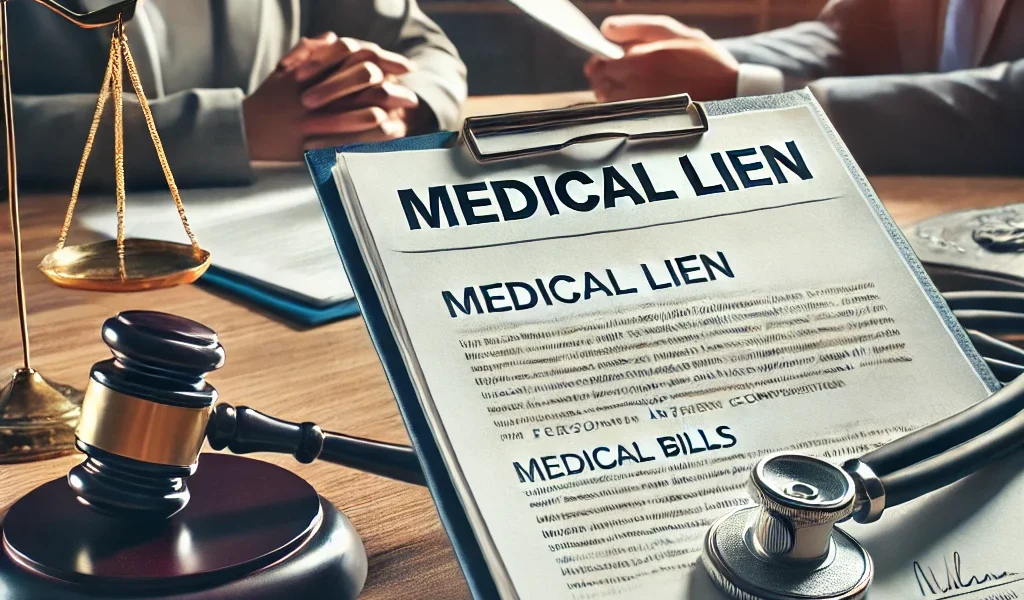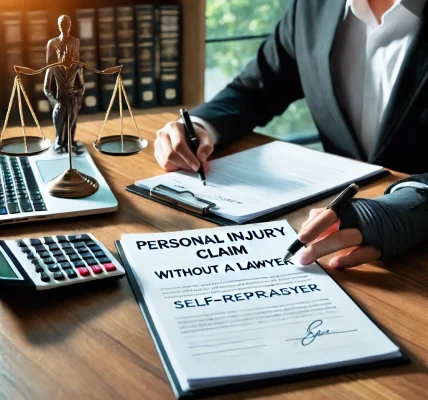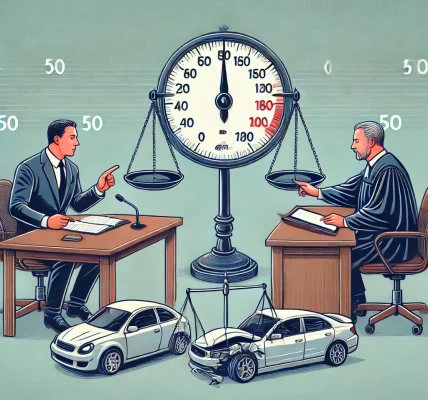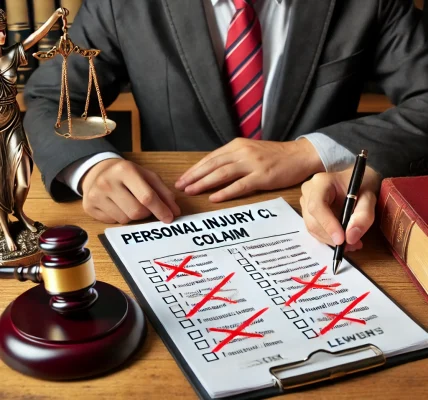When you suffer a personal injury due to someone else’s negligence, medical treatment is often one of the most immediate and pressing concerns. However, medical bills can pile up quickly, and in many cases, victims may not have the financial resources to pay for treatment upfront. This is where medical liens come into play.
Medical liens can have a significant impact on the compensation you receive in a personal injury settlement or verdict. Understanding how they work and how they affect your final payout is crucial to ensuring you receive the maximum compensation possible.
In this article, we will explore:
- What medical liens are
- How they impact personal injury compensation
- Who can place a medical lien
- How to negotiate or reduce medical liens
- Legal considerations and best practices
What is a Medical Lien?
A medical lien is a legal claim placed on your personal injury compensation by a healthcare provider, insurer, or government agency to recover the cost of your medical treatment. Essentially, it allows medical providers to receive payment for their services from your future settlement or court award.
Medical liens are common in personal injury cases where victims do not have immediate funds to cover medical expenses and must seek treatment before their case is resolved.
How Medical Liens Affect Your Personal Injury Compensation
While personal injury settlements are intended to cover medical expenses, lost wages, and pain and suffering, medical liens can significantly reduce the amount of compensation you actually receive. Since medical providers and insurers have a legal right to claim a portion of your settlement, your final payout may be lower than expected.
For example, if you receive a $100,000 settlement but have $30,000 in medical liens, you will only walk away with $70,000 before factoring in legal fees and other costs.
Who Can Place a Medical Lien?
Several entities may have the right to place a lien on your personal injury compensation:
1. Healthcare Providers
Hospitals, doctors, physical therapists, and other medical professionals who treat you without immediate payment may place a lien to ensure they are compensated once you receive your settlement.
2. Health Insurance Companies
If your health insurance provider pays for your medical treatment, they may file a subrogation claim, which is a form of medical lien, to recover the amount they spent on your care from your settlement.
3. Medicare and Medicaid
Government programs like Medicare and Medicaid are entitled to reimbursement if they pay for your medical expenses related to an injury caused by another party.
4. Workers’ Compensation Providers
If your injury occurred at work and workers’ compensation insurance covered your medical bills, they may seek reimbursement from your personal injury settlement.
How to Reduce or Negotiate Medical Liens
Medical liens can take a large portion of your compensation, but there are ways to reduce or negotiate them to ensure you receive a fair payout.
1. Hire an Experienced Personal Injury Attorney
An attorney can negotiate with lien holders to reduce the amount they claim from your settlement. In many cases, they can argue for a substantial reduction by demonstrating financial hardship or disputing excessive charges.
2. Verify the Lien Amount
Always request a detailed breakdown of the lien amount. Medical providers sometimes include non-related charges or duplicate billing, which can be challenged and removed.
3. Negotiate a Settlement Discount
Some providers and insurance companies may be willing to accept a reduced amount if they are paid quickly. A lawyer can negotiate a lump-sum discount to settle the lien for less than the full amount owed.
4. Use the “Made Whole” Doctrine
In some states, the “Made Whole” doctrine prevents insurers from taking reimbursement if it leaves the victim without enough compensation to cover their losses. This legal principle can help reduce the amount claimed by lien holders.
5. Apply State Laws on Medical Liens
Each state has different laws regarding medical liens. Some states have caps on medical lien amounts, while others require court approval for lien enforcement. Understanding your state’s regulations can help protect your compensation.
6. Request a Hardship Reduction
If you are facing severe financial hardship, some medical providers may be willing to waive or reduce their lien to help you recover financially.
Legal Considerations When Dealing with Medical Liens
Dealing with medical liens requires careful legal planning. Here are some essential legal considerations:
1. Failure to Pay a Lien Can Lead to Legal Action
If you ignore a valid medical lien, the lien holder may take legal action against you to recover their money. This could include wage garnishment, lawsuits, or credit score damage.
2. Some Liens Require Court Approval
In certain cases, a lien must be approved by the court before it can be enforced. Consulting with a lawyer can help you determine if this applies to your situation.
3. Medical Liens Are Negotiable
Many people assume that medical liens must be paid in full. However, in most cases, lien holders are open to negotiations, especially when a personal injury lawyer is involved.
4. Structured Settlements May Help Reduce Liens
A structured settlement, where payments are spread out over time, may help in negotiations by showing the lien holder that a full lump sum is not immediately available.
Best Practices for Managing Medical Liens
To protect your settlement and ensure you receive fair compensation, follow these best practices:
1. Keep Detailed Records
Maintain copies of all medical bills, insurance statements, and correspondence related to your treatment and liens.
2. Inform Your Lawyer About All Medical Liens
Your attorney needs to be aware of all outstanding medical expenses and liens to negotiate effectively.
3. Avoid Signing Documents Without Legal Review
Never sign any lien agreement or settlement paperwork without first reviewing it with your attorney to ensure you are not giving up unnecessary rights.
4. Plan for Liens Before Accepting a Settlement
Before agreeing to a settlement amount, consider how much will go towards paying off liens to determine the actual compensation you will receive.
Conclusion
Medical liens can significantly impact your personal injury compensation, but with the right approach, they can be negotiated and reduced. Understanding how they work, who can place them, and how to manage them can help you retain more of your settlement.
If you are dealing with medical liens, working with an experienced personal injury attorney can be invaluable in protecting your rights and maximizing your final compensation. By proactively addressing liens, you can ensure that you receive the financial recovery you deserve without unnecessary deductions.




